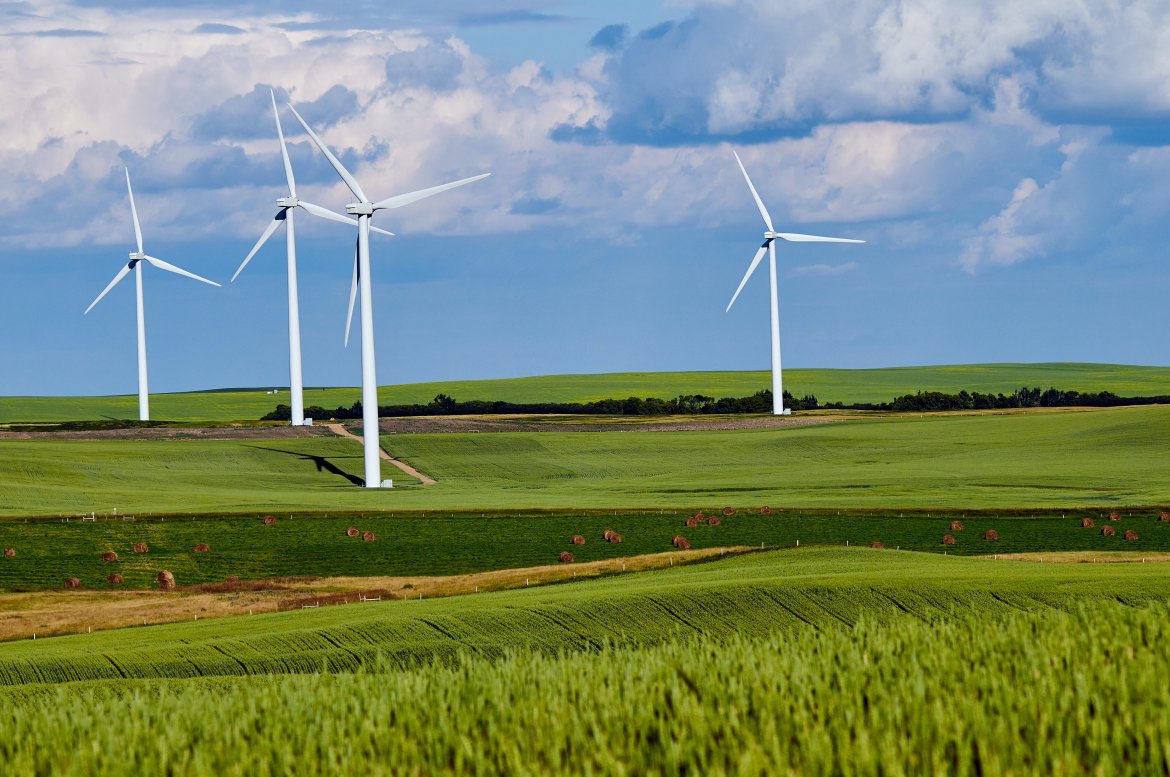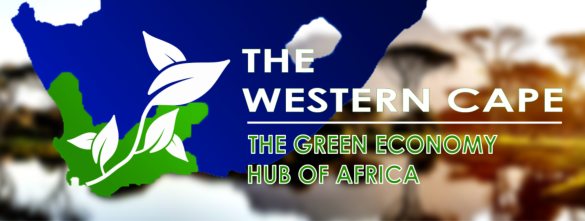About Green Economy
Quick Links to content on this page:
A Green Economy
- produces as few greenhouse gas emissions as possible,
- uses resources very efficiently, minimising or even eliminating waste
- is socially inclusive,
- fights against further climate change while adapting to the impacts of climate change that have already taken place and
- bases economic activity on sustainable development.
A Green Economy acknowledges that sustainable economic growth and development takes place through the efficient and responsible use and protection of natural ecosystems and resources, so that they can continue providing the resources, environment and climate on which our well-being and economy rely.
A Green Economy seeks to decouple unsustainable resource use, greenhouse gas emissions and negative environmental impact from economic growth, allowing economic growth and development to be pursued in an equitable, socially inclusive and sustainable manner.
A Green Economy is a resilient economy, able to withstand and reduce the impact of various shocks and stresses that may arise. By reducing or eliminating economic activities that damage human and environmental health, a green economy provides a better quality of life for inhabitants and supports trade and economic activity.
Pursuing a Green Economy agenda requires investing in environmentally friendly and socially equitable solutions across all spheres of the economy.
This means that the Green Economy is transversal in nature, encompassing all industries and stakeholders within an economy (i.e. not just those that are usually considered the main “green” industries of energy, waste and water). This all-encompassing approach is necessary to achieve the coordination and deployment of solutions at the scale needed to meet the numerous goals and aims of a Green Economy mentioned above.
For more information on Climate Change, Sustainable Development and why we need a Green Economy go here.
110% Green is an initiative of the Western Cape Government and is a call to action to all organisations, both public and private, to (1) commit to enabling a Green Economy in the Western Cape (and beyond), (2) collaborate on taking decisive action to drive the growth of a green economy and (3) ensure positive impact on society and the environment.
The aim of the 110% Green Website is to provide a platform that enables people and organisations to build an innovative and dynamic Green Economy in the province.
The Website fulfills a number of key functions:
- It provides a high level overview of the key Green Economy thematic areas under which the Western Cape Government is undertaking work, namely Water, Energy, Waste, Agriculture and Biodiversity.
- It provides a single platform that links through to multiple Green Economy Resources from government, the private sector, academia and civil society.
- It provides a place to find Events and Training opportunities in the Green Economy.
- It provides a place to find News on important developments taking place in the Green Economy.
Driving the green economy in the Western Cape
The aim of the Western Cape Government is to position the Western Cape as the lowest carbon province in South Africa and the leading green economic hub of the African continent.
The Western Cape Government is committed to growing the Green Economy in the Western Cape.
The transversal nature of the green economy requires a lot of work to be done in many different parts of our economy and society, As a result green economy related work is being undertaken by a variety of government departments and institutions, with the work of a few Western Cape Government Departments outlined below:
1) Western Cape Department of Economic Development and Tourism (DEDAT) (through the Green Economy Chief Directorate) is the custodian of the 110% Green platform and responsible for the coordination of the Western Cape green economy strategy (including implementation thereof). DEDAT also has a specific focus on energy and on economic water resilience. The Green Economy Chief Directorate engages in initiatives that improve the resource resilience of the economy (i.e. by helping businesses to reduce and use energy and water resources more efficiently and to use alternative forms of energy and water sources).
As part of this work, DEDAT works to support and grow the energy and water sectors (those businesses that provide energy and water related services, technologies, products etc.), part of which involves driving resource resilience in municipalities and civil society. Through all this, DEDAT looks to reduce negative environmental and social impacts, reduce greenhouse gases that drive climate change and build resilience to climate change. Core to the work is improving business competitiveness and confidence so as to drive job creation and export opportunities. The Green Economy Chief Directorate works with WESGRO, GreenCape, the Atlantis Special Economic Zone (ASEZ) and numerous other organisations in undertaking its work .
2) The Western Cape Department of Agriculture is responsible for undertaking green economy initiatives in the agricultural sector. The agricultural sector is an important focus due to the significant greenhouse gas emissions created by the sector as well as the polluting impacts of pesticides, chemical and fertilisers, which have negative impacts on humans and natural ecosystems. The Department of Agriculture’s initiatives aimed at sustainable agriculture that minimizes impacts on natural resources and avoids or reduces pollution. The green economy initiatives are run primarily under the SmartAgri Plan and are showcased through its GreenAgri Platform.
3) The Western Cape Department of Environmental Affairs and Development Planning is responsible for undertaking and coordinating the Western Cape’s Biodiversity, Climate Change, Waste, Sustainability and Coastal Management. The Department’s activities across these functional areas aim to reduce impacts of humans systems on the natural environment, including reducing climate change causing activities and adapting to the effects of climate change, managing and protecting biodiversity and coastal ecosystems, integrated waste management according to its regulatory mandate and framework and mainstreaming sustainability in the public sector, undertaking education and awareness activities on environmental and sustainability issues and more.
To see key green economy resources (strategy documents, research publications etc.) from these departments visit the Resources page here.




